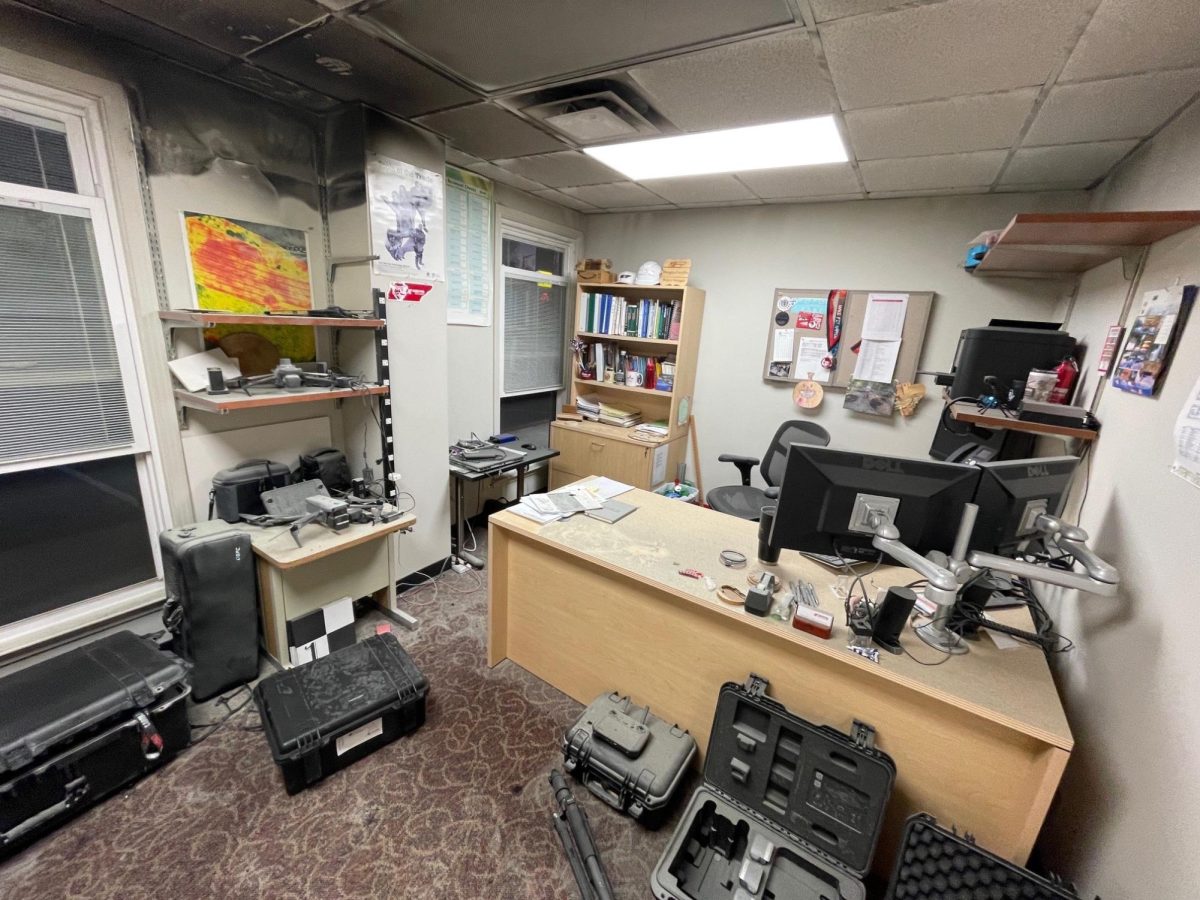On Thursday, Oct. 31, APSU President Tim Hall went to Washington, D.C. and joined other school officials from across the country to discuss with senators the ideas and innovations schools are making to help low-income students not only acquire degrees, but also in a timely manner.
The hearing was held as Congress decides whether or not to renew the funding for the Higher Education Act, which funds college institutions.
Sen. Lamar Alexander of Tennessee discussed what he thought innovation should be.
“Innovation for its own sake is not what we’re after,” Alexander said. “The goal of innovation is to improve student performance, increase retention and graduation rates and do it in a way that reduces or maintains costs and encourages efficiency that benefits taxpayers and students.”
Hall said APSU had already taken measures for students to reduce time spent trying to make up for deficiencies that affect student performance. Instead of being required to take a non-credit course in order to qualify to take a credit-bearing course, students with deficiencies in math, writing or reading can now attend special workshops led by “talented students.”
“Now, better than 70 percent of our students who arrive unprepared for college mathematics … are able to successfully complete the introductory mathematics course for their discipline and do so within a single semester,” Hall said. He also said the workshop would cost $75, which would cover the operating costs.
Later, Alexander said innovation should focus on making the time spent in colleges and universities more efficient.
Hall said APSU has “harnessed the power of technology to guide students on the path to a successful degree,” describing Degree Compass, a program created at APSU by former Provost Tristan Denley.
“This is a personalized, web-based course recommendation tool that uses predictive analytics to guide students’ course selection in a way that not only enhances their rate of academic success, but also the timely completion of their degree,” Hall said.
Hall said Degree Compass is making a difference in the success rates for students at other universities where it has been made available to students.
“Across multiple institutions, we are seeing the average credit hours earned by students increase in correlation to the extent they take courses recommended by Degree Compass,” Hall said.
Faculty Senate President and Professor of Microbiology Chad Brooks believes APSU is leading the way with faculty and staff.
“The part that resonated with me the most was that [Hall] was the only person [who] recognized that faculty and staff are the only gateway between student success and nonsuccess,” Brooks said. “He recognized that faculty and staff here at APSU have been working diligently to secure greater levels of student success with each passing year.”
David Major, a professor of technical writing, thinks ensuring student success means more than a bigger number of students getting a degree, but also improving the quality of teaching and help the students receive.
“We can’t just increase class size and use more adjunct professors to increase the amount of students working towards getting a degree,” Major said. “We have to keep an investment in the range of faculty, from tenured to adjunct, so that students get the same opportunities now and later.”
As an advisor, Degree Compass means help for not only Brooks, but his students as well.
“Degree Compass is a tool to help advisors, but it is in no way meant to replace them,” Brooks said. “The inequities you find in socio-economic groups, such as the rich and poor, have been brought closer together by Degree Compass. In both cases, they have increased their success because of it.”

















